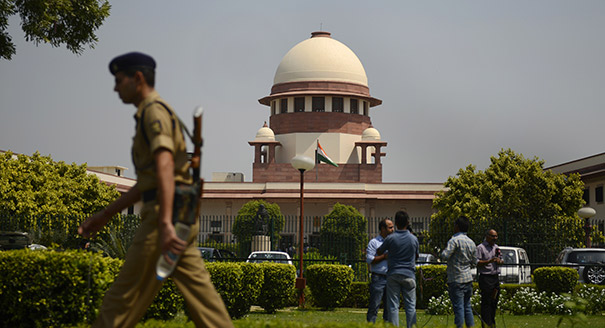Source: Rethinking Public Institutions in India
Over time, the Supreme Court of India has evolved from being a court of law to a major institutional actor in the political arena. The present chapter analyses this transition by directing external and internal lenses on the court’s functioning. The external lens reveals engagement by the Court with legislative and executive domains of governance, and the current concerns of transparency and accountability that it faces. The internal lens scrutinizes the Court’s success as a court of law and its capability to streamline the judicial process such that the judicial system lives up to the legitimate expectations of the litigant public. Using the insights offered from these dual perspectives, the authors suggest important changes to the court’s functioning and a reorientation of its priorities that can render it a more effective public institution.





.jpg)